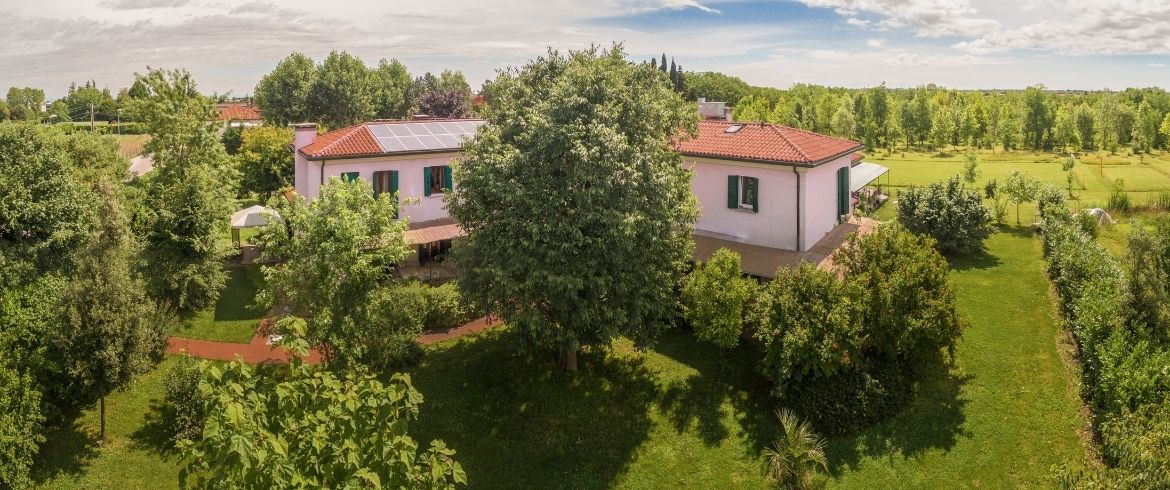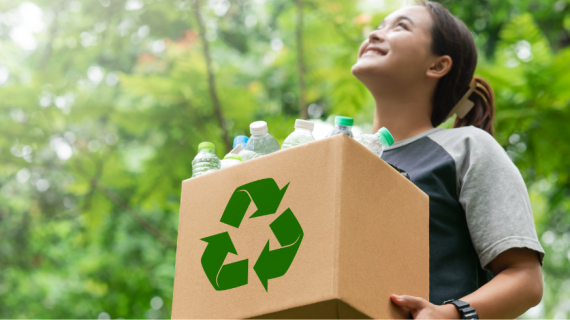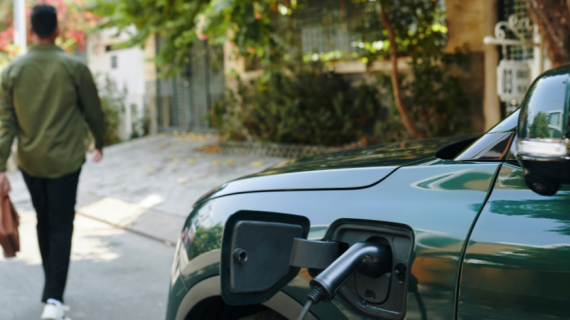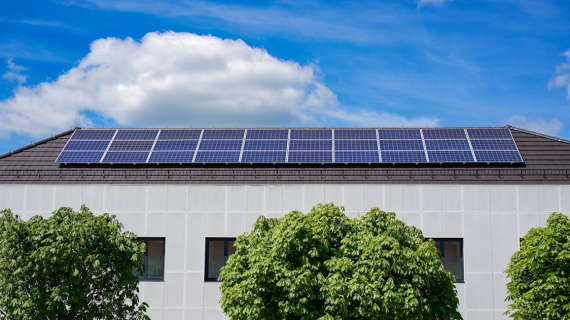Because it is the right thing to do and because it entails numerous economic advantages and a better market positioning: these are, in a nutshell, the reasons why every accommodation facility should embark on a path towards sustainability and thus become an eco-friendly hotel.
How to do it? Really, there are many ways and even small daily actions that can significantly reduce the ecological footprint of your accommodation. In this article, we have put together some ideas and useful tips to help you respect the environment even more.
The right team for your eco-friendly hotel

- Share your desire to become an eco-friendly hotel with your staff to make them feel involved
- Organize training moments with your collaborators to teach them the best practices to implement every day
- Offer incentives to those who reach the workplace in an ecological way
Save energy to reduce your impact
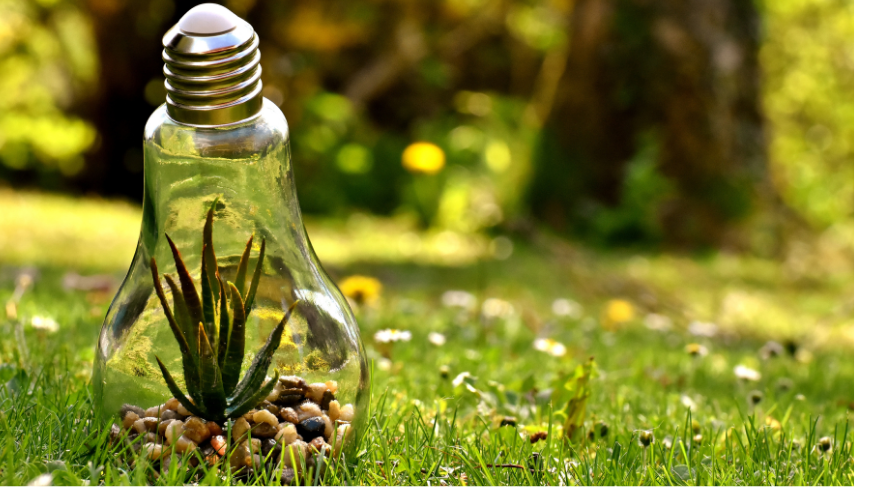
- Install photovoltaic panels to independently produce clean energy
- If you can’t produce renewable energy on-site you can choose to buy your electricity from clean energy suppliers
- Consider taking part in a CO2 offset project
- If possible, install solar panels that will allow you to heat the water with the sun
- Regularly monitor your equipment to make sure it is running efficiently
- Make the most of daylight to reduce the need for lighting
- Turn off the lights when they are not in use or when there is enough natural light
- Choose low consumption LED bulbs
- Install motion sensors to automatically turn off lights when no one is around to save between 15% and 30% on lighting costs
- Buy appliances that consume little
- Enable the power saving feature on the computers and devices you use in your office
A conscious use of water
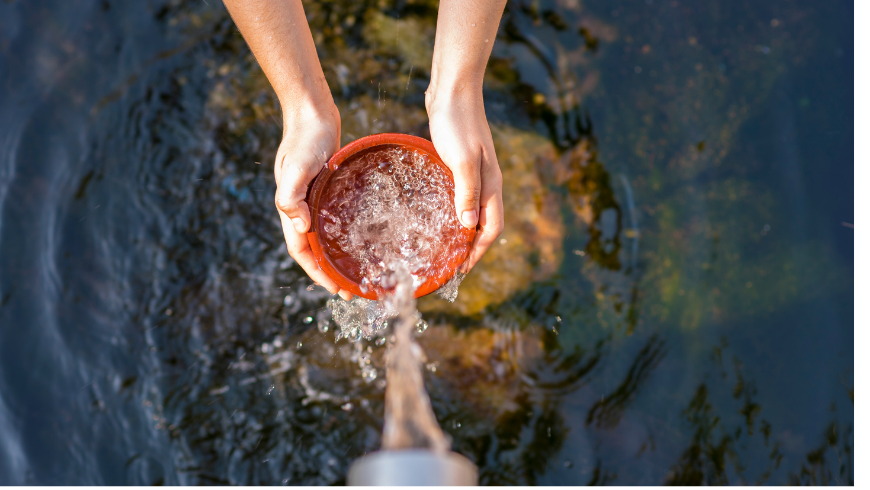
- Consider using rainwater harvesting for irrigation or flushing toilets
- Install low-flow showers and sinks
- Choose dual-mode flushing
- Install an automatic system to close the taps when they are not needed
- Transform your swimming pool into a bio pool
- Make changing towels an on-demand service
- Choose mostly drought tolerant plants
- Install an irrigation system to save water
- Periodically check for water leaks (a leaky or mismatched valve can waste up to 750 liters of water per day)
A zero impact building
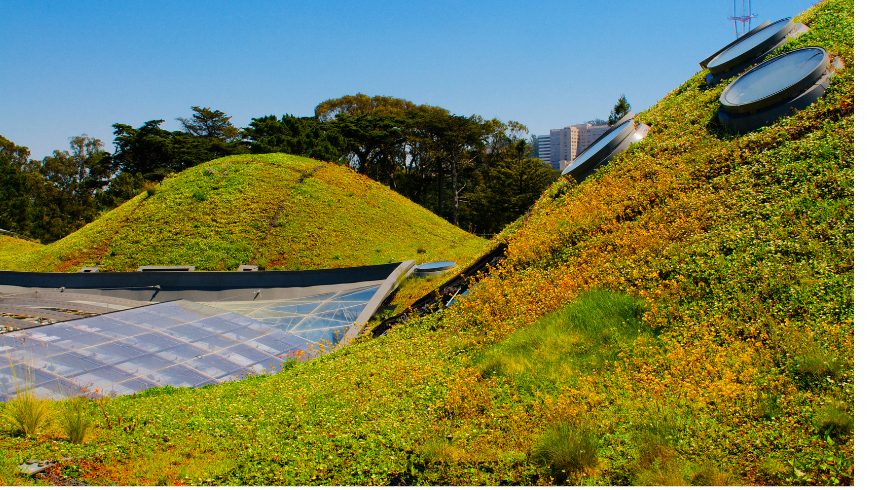
- Check the green architecture interventions you can do inside your accommodation
- Install a thermal coat to improve the building’s insulation
- If you start from scratch, choose natural or low environmental impact materials to build, such as wood or straw
- Buy floors made with natural, reclaimed and/or locally produced materials
- Consider installing a roof garden, as you will be able to insulate the building
- Prefer the use of ecological paints, sealants, primers with low consumption of VOC (volatile organic compounds)
- Replace the old windows with high-efficiency ones
- If you have to build a new building, blend it harmoniously into the environment
- Avoid taking up too much ground or growing too tall
- Always prefer the recovery of an existing building
- Install a passive ventilation system
How to manage waste in your green hotel

- Provide bins for separate collection in each room
- Eliminate single-dose products as to reduce waste production and the use of plastic
- Be careful about collecting hazardous waste, keeping it in a separate container from the rest
- Organic waste can easily become an effective and natural compost
- You don’t have to throw away everything you don’t need anymore: give a second life to what looks like waste
- Do not provide your guests and staff with plastic bottles
- Always choose bulk products
- Try to limit the use of paper, printing only when strictly necessary
Organic and local food

- If your eco-friendly hotel has a restaurant or serves breakfast, offer travelers organic and local food
- Food waste becomes compost, while what is left over can be donated to non-profit associations
- Choose seasonal products
- Buy fish that is sustainably caught
- Prefer products from fair trade
- Industrial farming causes enormous damage: add as many vegetarian and vegan dishes to your menu as you can
- In your restaurant, only provide usable items, such as cloth napkins and glass cups
- Even in small spaces you can cultivate a small vegetable garden!
- Take efficient measures to reduce food waste, starting with your shopping
- Know your producers directly
- It is much more difficult to do sustainable catering with many ingredients and many courses, so reduce your menu
The right furniture and purchases
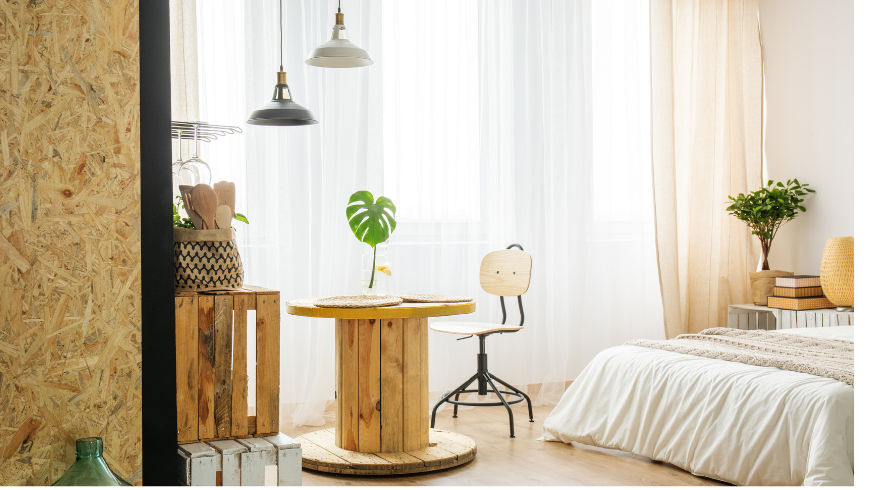
- Furnish the spaces of your eco-friendly hotel with wooden items from sustainable sources and furniture made of natural materials
- Give space to creative recycling and recycled furniture
- Buy biodegradable, non-toxic cleaning products
- Choose traditional solid soap over liquid soap
- Provide your guests with organic cosmetics, so you’ll protect nature
- Always use recycled paper (for both printing paper and toilet paper)
- Buy from local artisans
Biodiversity and green areas
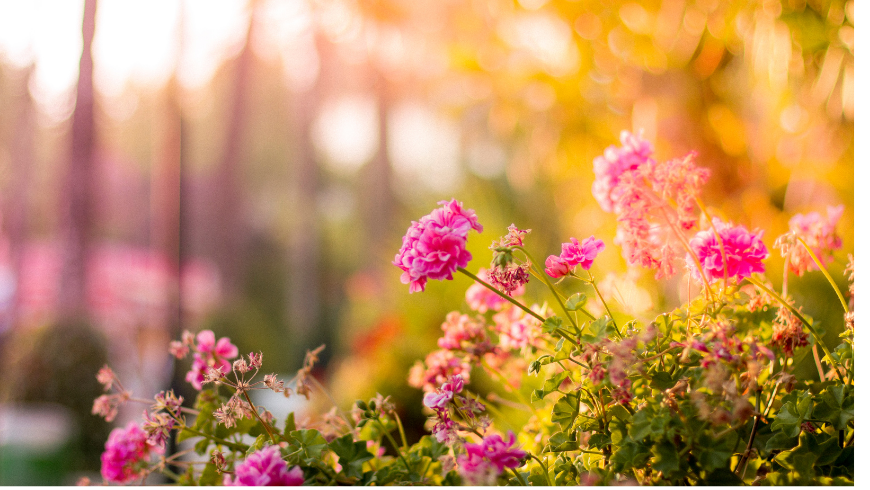
- Don’t use pesticides
- Avoid using invasive species because they can interrupt the natural processes of the ecosystem
- Plant native species
- Provide nesting places for birds
- Try to plant plants that are attractive to butterflies and bees
- Always respect wildlife
Promote sustainable mobility

- Allow your guests to reach you easily even without a car
- If you can, install charging stations for electric vehicles
- Offer a bike rental service
- Provide useful tips for exploring the area on foot or on two wheels so you’ll promote sustainable tourism
- Consider offering small discounts to those using the train or other public transport
Communicate the best practices of your green hotel

- Your online presence must be focused on sustainability
- Tell what sustainable tourism means for you inside your hotel
- Ask your guests to help reduce waste and consumption by leaving clear and simple instructions
- Organize moments of sharing and training on good practices and sustainable lifestyles
Become part of Ecobnb, helping us to promote sustainable tourism and taking part in this community!
Cover image: eco-friendly hotel and organic farm SettecentoAlberi
